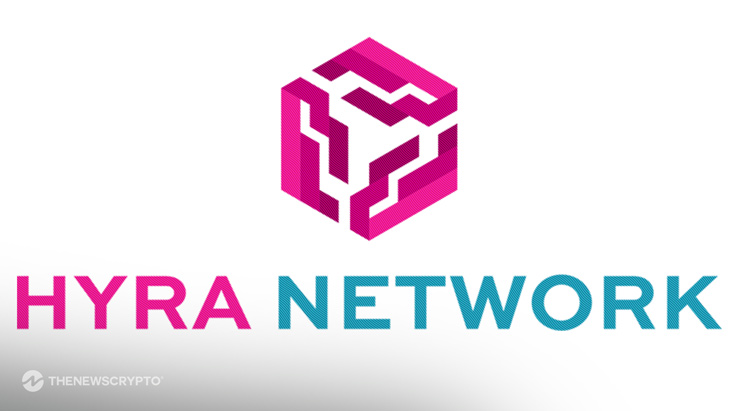Elon Musk’s latest blending of his business interests puts the Grok AI chatbot in all new Teslas—and raises questions around data and privacy

This week, owners of Tesla cars learned that they were getting a freebie: Starting July 12, all new Tesla vehicles have automatically had the Grok AI chatbot installed and available to use.
Grok, of course, is the chatbot created by xAI, the privately-held AI company launched two years ago by Tesla CEO Elon Musk. Like a gas station offering a free car wash with a fill-up, Musk appears to be leveraging his various assets and business endeavors to give customers extra value. In this case, however, it’s fair to wonder who is getting more value out of this “gift,” which further intertwines Musk’s businesses.
With the update, Grok is now a button on the Tesla in-car display’s homescreen. Users can ask it questions or give it tasks to perform, just like they would with any other LLM, be it OpenAI’s ChatGPT or Google’s Gemini. For now, Grok cannot control any vehicle functions like windows or AC, but it’s not hard to imagine users coming up with plenty of handy uses for an in-car LLM, from responding to an email to summarizing a book.
The new arrangement between Tesla and xAI will likely make Tesla a significant customer for xAI, though neither company has disclosed any financial details surrounding the partnership. For reference, Tesla sold nearly 1.8 million vehicles just last year, meaning that this new partnership will open the door for millions of customers to start using Grok. Should even a small percentage of new Tesla owners utilize the feature, it could ramp up computing costs for xAI, which is already reportedly spending some $1 billion a month to build out its data centers and buy up enough computer chips to compete with other AI companies.
But it’s important to think about what data sharing may occur now that Grok is installed in Tesla vehicles. In disclosures, Tesla says that driver conversations with Grok will be “securely processed by xAI” in line with xAI’s privacy policy, noting that conversations will be anonymized and not linked to individual vehicles. A look at xAI’s privacy policy says the company collects personal information, user content, social media information, and other data points for its service and that it will share data with contracted service providers, its “related companies,” and to third-parties customers choose to share information with. But what exact data will xAI get access to when Grok is used in vehicles? Elon Musk has suggested a “wake-word” will be added, but will that limit which snippets of conversation it captures, or does it listen to everything said in the car once it’s been activated via the homescreen?
And conversations are just part of the data that’s out there. After all, automobiles have become some of the most powerful data-collecting devices in day-to-day life. Vehicles contain multiple computers and sensors, with some estimates indicating that they generate about 25 gigabytes of data every hour—data that could be particularly valuable to a company with a large language model to train.
Tesla discloses in its own privacy policy that it uses vehicle data for its own self-driving AI models, and it allows customers to download copies of the data that it collects for themselves. But Tesla doesn’t go into specifics about which data it uses for what purpose, and it hasn’t updated its privacy policy since the July 12 addition of Grok so it’s unclear how conversations may be used.
Tesla and xAI did not respond to requests for comment.
“This is part of a larger trend we see within the automotive industry,” says Albert Cahn, executive director of the Surveillance Technology Oversight Project, a public interest, advocacy, and legal services organization focused on how technology can be used to target individuals. “Cars have been transformed from this emblem of independence on the open road to the most heavily monitored parts of our lives. There is a huge amount of risk that the data that is collected in the privacy of our own cars will be used against us, whether by law enforcement or immigration officials or simply being monetized without our consent.”
Tesla vehicles, specifically, have series of cameras and they collect data from video and camera feeds, ultrasonic sensor data, GPS and location information, vehicle telemetry data such as speed, battery use, and odometer readings, event logs like collisions or breaking data, and user interaction data—data that Tesla has provided to government authorities to find criminals or assist law enforcement with investigations. It’s unclear whether conversations with Grok may be permissible to use in investigations as well.
Particularly as vehicles are installed with more cameras and sensors for self-driving capabilities, more and more data points are being collected from drivers, Cahn says. “These companies are quick to claim that our data is being anonymized, but it’s really hard to actually anonymize this sort of information in a way where it can’t be re-identified,” he says.
Every new technology comes with privacy trade-offs, of course. The GPS that gives you directions also leaves digital footprints that reveal your wanderings and whereabouts. As the person behind some of today’s most popular tech products—from EV, self-driving tech, and LLMs to social media and Starlink internet satellites—Musk appears increasingly intent on fusing and intermingling the various components of his business empire to give consumers something new and unique. It will be up to consumers to decide if the trade-offs are worth it.
